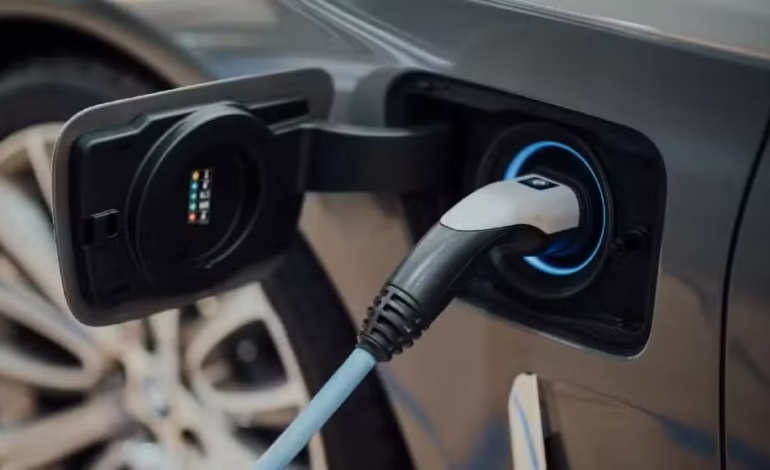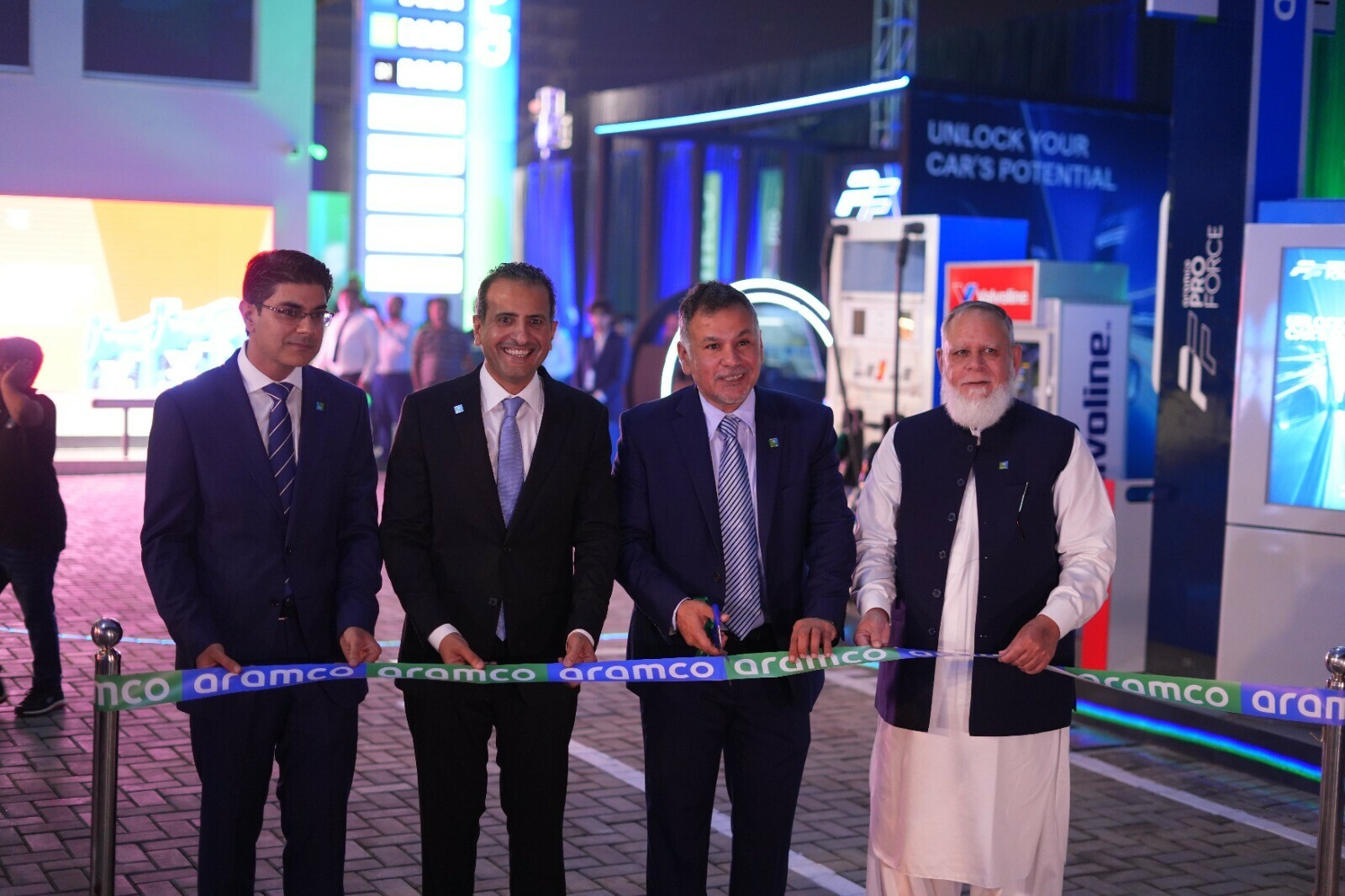
Pakistan is Considering Reducing Taxes on Electric Vehicles to Promote Sustainable Mobility
The Ministry of Commerce has recommended the elimination of the 25% sales tax on EVs priced above Rs. 4 million and the removal of restrictions on EV batteries for cars, vans, and SUVs. These recommendations were discussed during a recent meeting of the EV steering committee, which also explored measures to enhance EV adoption and local manufacturing.
The Ministry of Industries and Production (MoIP) instructed the Engineering Development Board (EDB) and the New Energy Vehicle (NEV) Policy team to evaluate these proposals. As part of the discussion, it was emphasized that the Pakistan Standards and Quality Control Authority (PSQCA) should develop EV standards in collaboration with EDB to encourage value addition and boost local production.
Efforts to expand EV infrastructure were also highlighted. The National Highway Authority (NHA) has identified 40 locations for EV charging stations along major highways and motorways, spaced approximately 120 kilometers apart from Karachi to Peshawar. These stations are expected to be installed by January 15, following coordination with oil marketing companies (OMCs). The Capital Development Authority (CDA) also presented a framework mandating the inclusion of at least one charging station at existing fuel pumps and two at new ones.
Stakeholders emphasized the need to finalize and align regulations for EV charging stations across the country. The National Energy Efficiency and Conservation Authority (NEECA) highlighted the importance of coordinating electricity tariffs and aligning CDA regulations with its own to ensure seamless implementation.
The MoIP secretary described Islamabad as a model city for EV adoption, citing plans for 40 EV buses to operate on city roads. It was also suggested to amend building bylaws to require the installation of EV charging stations in residential, commercial, and public spaces, with provincial governments encouraged to adopt similar measures.






